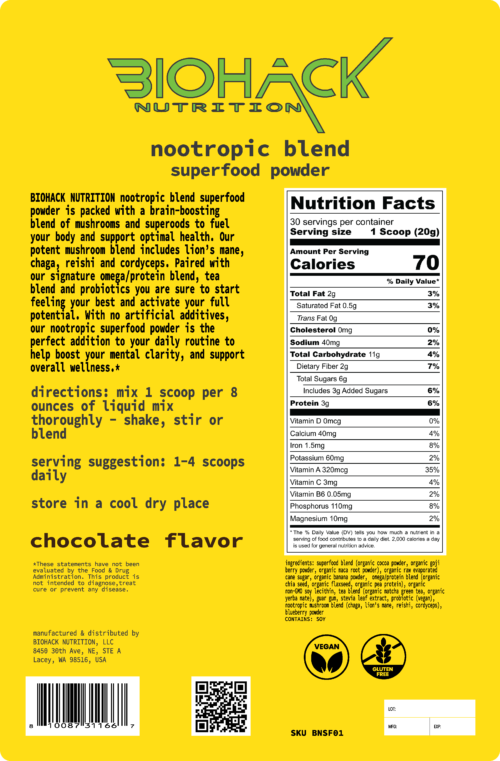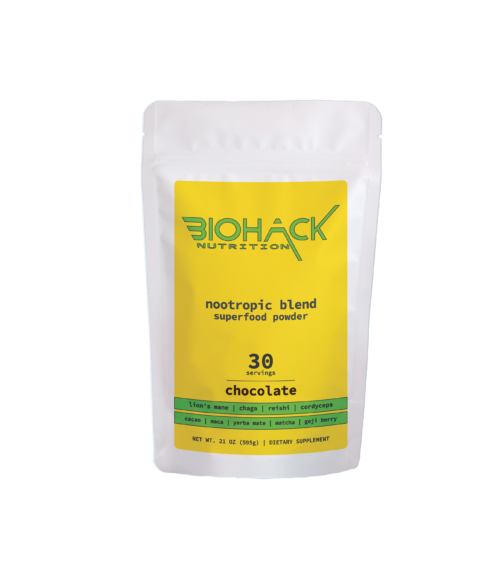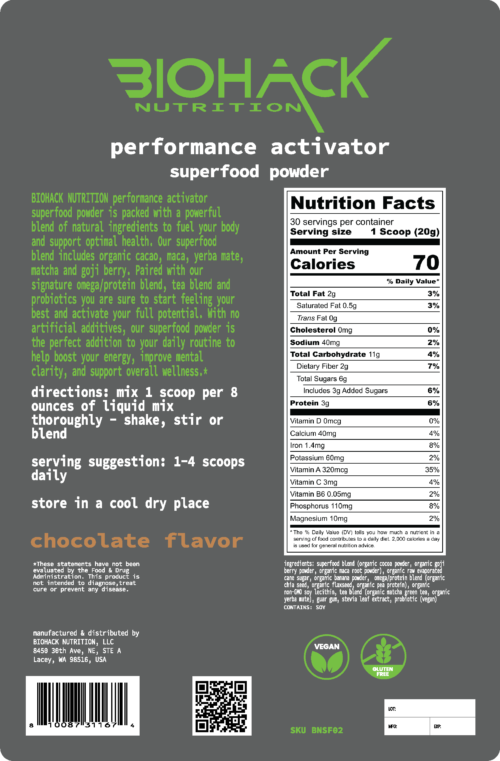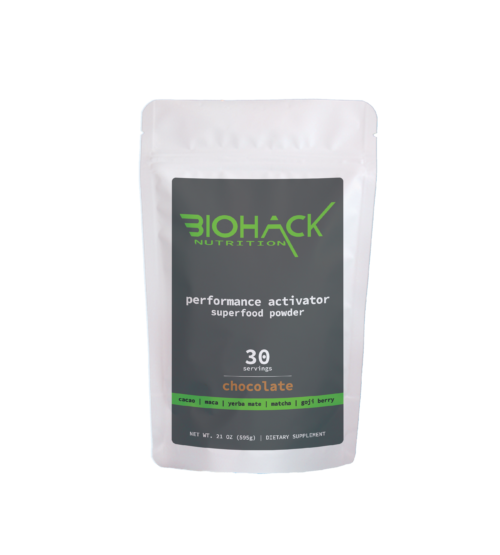Reishi Mushrooms
Reishi mushrooms, scientifically known as Ganoderma lucidum, have a long history of use in traditional medicine, particularly in Asian countries. These mushrooms are highly regarded for their potential health benefits and have earned the nickname “the mushroom of immortality.” Recent scientific research has shed light on the remarkable properties and health-promoting compounds found in reishi mushrooms. This essay aims to explore the scientific evidence surrounding the health benefits of reishi mushrooms, highlighting their potential effects on immune function, stress reduction, cardiovascular health, and overall well-being.
Enhanced Immune Function and Immunomodulation
Reishi mushrooms are renowned for their ability to enhance immune function and modulate the immune system. The mushrooms contain bioactive compounds such as polysaccharides, triterpenes, and beta-glucans, which have been shown to stimulate and strengthen the immune response.
Research published in the journal Food and Chemical Toxicology demonstrated that reishi mushrooms can enhance immune cell activity, including natural killer cells and lymphocytes. These immune cells play a crucial role in defending the body against pathogens and abnormal cells.
Moreover, reishi mushrooms have been studied for their potential immunomodulatory effects. They have been found to regulate immune responses, balancing an overactive immune system in conditions such as allergies and autoimmune diseases. This immunomodulatory property contributes to the overall health benefits of reishi mushrooms.
Stress Reduction and Adaptogenic Effects
Reishi mushrooms are considered adaptogens, a class of substances that help the body adapt to and resist stressors. Adaptogens support the body’s ability to maintain balance and promote overall well-being.
Studies have shown that reishi mushrooms have stress-reducing properties, helping to alleviate the negative effects of chronic stress on the body and mind. Research published in the journal Pharmacology, Biochemistry, and Behavior found that reishi extract reduced anxiety and improved overall well-being in animals subjected to stress.
The bioactive compounds in reishi mushrooms, such as triterpenes and polysaccharides, contribute to their adaptogenic effects. These compounds interact with the body’s stress response system, promoting relaxation, reducing stress hormone levels, and supporting mental and emotional well-being.
Cardiovascular Health and Blood Pressure Regulation
Reishi mushrooms have been studied for their potential benefits in promoting cardiovascular health and regulating blood pressure. The mushrooms contain compounds that have been shown to support heart health and help maintain healthy blood pressure levels.
Research published in the journal Pharmacological Research highlighted the cardiovascular effects of reishi mushrooms. It demonstrated that reishi extract can help lower blood pressure and improve blood circulation. The bioactive compounds in reishi mushrooms have been found to have vasodilatory effects, relaxing blood vessels and reducing the strain on the heart.
Additionally, reishi mushrooms exhibit antioxidant and anti-inflammatory properties, which are beneficial for cardiovascular health. These properties help protect against oxidative stress, reduce inflammation, and prevent the development of cardiovascular diseases.
Overall Well-being and Longevity
Reishi mushrooms have long been associated with longevity and overall well-being. Traditional use and scientific research suggest that the mushrooms have a positive impact on various aspects of health, promoting vitality and longevity.
Research published in the journal Aging and Disease reported that reishi extract extended the lifespan of fruit flies. The study indicated that reishi mushrooms may possess anti-aging effects and support longevity through their antioxidant and anti-inflammatory properties.
Furthermore, reishi mushrooms have been studied for their potential benefits in managing chronic conditions such as diabetes, liver diseases, and respiratory disorders. The bioactive compounds in reishi mushrooms exhibit a range of therapeutic properties that contribute to their overall health-promoting effects.
Reishi mushrooms offer a remarkable array of health benefits, making them a valuable addition to a holistic approach to well-being. From enhancing immune function and reducing stress to supporting cardiovascular health and promoting overall vitality, reishi mushrooms have captured the attention of researchers and health enthusiasts alike.
Incorporating reishi mushrooms into one’s lifestyle can be done through supplementation or by using reishi mushroom extract in various preparations. However, it is important to note that individual responses may vary, and it is recommended to consult with a healthcare professional before starting any new supplementation regimen.
As scientific research on reishi mushrooms continues to expand, it provides a fascinating avenue for potential therapeutic applications. The potent bioactive compounds found in reishi mushrooms hold great promise for supporting immune function, reducing stress, promoting cardiovascular health, and contributing to overall well-being.



